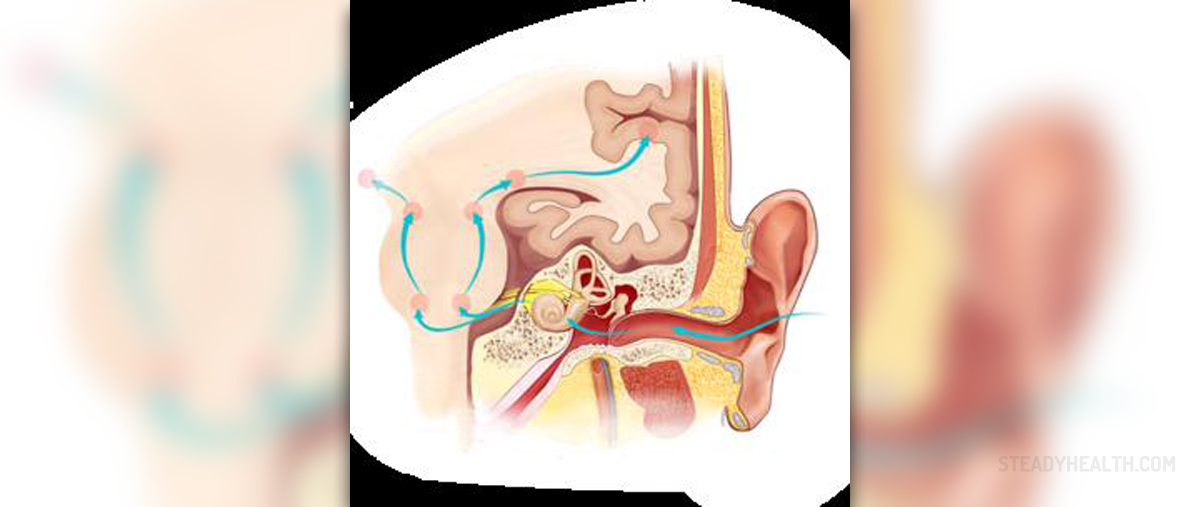
Hearing problems are common with children who suffer from Down syndrome. However, taking into consideration that most children learn their language by listening to other people around them, treating this kind of impairment timely is a very important step to take. Early detection of hearing problems in Down syndrome patients is, thereby, crucial for their proper physical and mental development in the future.The Human Sense of Hearing
The sounds we hear are nothing more than air pressure traveling through our ears. They enter our ear through its outer part and reach the eardrum, where they are transferred into the middle ear, amplified by the three tiny bones entering the inner ear as vibrations. Once these sound vibrations reach the inner ear, they stimulate the fluid inside this area and small hair cells of the cochlea and are eventually transformed into nerve impulses which are then sent to the brain through the auditory nerve. If anything affects this delicate system, we are going to experience certain hearing problems.
Types of Hearing Loss
If an infection affects the middle ear or excessive ear wax gets accumulated inside the ear canal, this variant of hearing loss is called conductive hearing loss. In fact, in about 83% of cases, children with Down syndrome suffer from middle ear complications before they lose their hearing.
The next type of hearing loss is called sensorineural hearing loss, taking place due to damage in the acoustic nerve or the cochlea. Since this kind of hearing loss affects Down syndrome patients later in life, it is best that they undergo regular hearing checkups.
Also, hearing loss affecting a person with Down syndrome may be a mixture of the above mentioned two.
Causes of Hearing Loss in Down Syndrome Patients
If excessive ear wax is preventing sounds from passing through the ear, it needs to be removed by syringing or using some other medical methods.
Down syndrome patients commonly develop a condition named glue ear where excessive mucus is found in the middle ear, inhibiting vibrations of the ossicles, affecting hearing negatively. In general, the hearing organs in Down syndrome patients are prone to malfunctioning which eventually results in hearing loss. If glue ear is neglected, it can lead to other kinds of health problems. Thus, this condition needs to be dealt with timely.
The mucous is expelled by inserting grommets, which are small tubes, into the ear, draining it out. These need to stay inside the ear for about a year, draining the excessive fluids out, improving one's hearing. Alternatively, microsuction can be used for fluid removal.


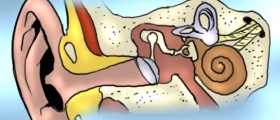




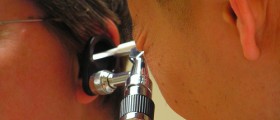


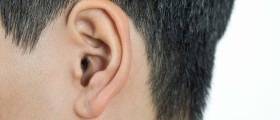
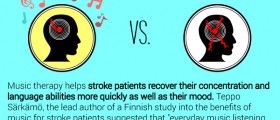
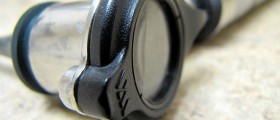


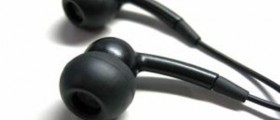

Your thoughts on this
Loading...